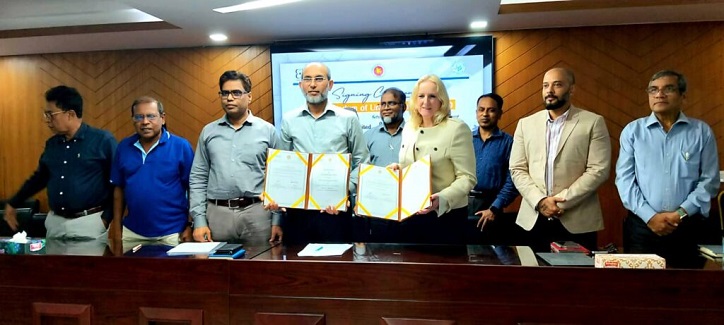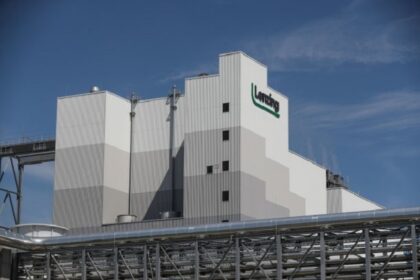In a significant push to align Bangladesh’s cotton sector with global sustainability and market standards, CottonConnect has signed a Memorandum of Understanding (MoU) with the Bangladesh Cotton Development Board (CDB).
The partnership aims to improve cotton fibre quality, strengthen farmer livelihoods, and integrate regenerative farming practices that will future-proof the sector against climate risks. Crucially, the MoU also sets a roadmap for building a transparent, traceable supply chain—positioning Bangladeshi cotton as a reliable, ethical choice for global apparel and textile buyers.
Also Read: Australia’s 2025/26 Cotton Season Kicks Off in Central Highlands
Building a bridge between cotton and clothing
Bangladesh’s cotton output currently supports around 60,000 farmers across 39 districts, yet local production covers only a fraction of the raw material needs for the country’s $47+ billion apparel industry. By connecting CDB’s research and cultivation expertise with CottonConnect’s global sustainability frameworks, the initiative is expected to narrow this gap while opening pathways into high-value applications such as medical textiles, technical fabrics, and bio-composites.
Voices from the partnership
Alison Ward, CEO of CottonConnect, described the MoU as “a major step in aligning Bangladesh’s cotton with global quality and sustainability benchmarks.” She emphasized that linking improvements in cotton with the country’s powerful garment industry will make Bangladesh a more competitive and responsible sourcing hub.
Md. Rezaul Amin, Executive Director of CDB, noted that the collaboration will “empower farmers, introduce advanced technologies, and diversify cotton markets,” ultimately benefiting both local communities and international buyers.
Also Read: Declining Cotton Yields Threaten India’s Textile Competitiveness
Why it matters
Bangladesh is the world’s second-largest apparel exporter, but its dependence on imported cotton has long been a strategic challenge. Strengthening domestic cotton production not only reduces vulnerability to global supply disruptions but also enhances the country’s reputation as a forward-looking, sustainable sourcing destination.
If the initiative delivers on its objectives—higher yields, traceable fibres, and improved farmer conditions—Bangladeshi cotton could emerge as a recognized player in the sustainable textile value chain, complementing the country’s already dominant garment export industry.






